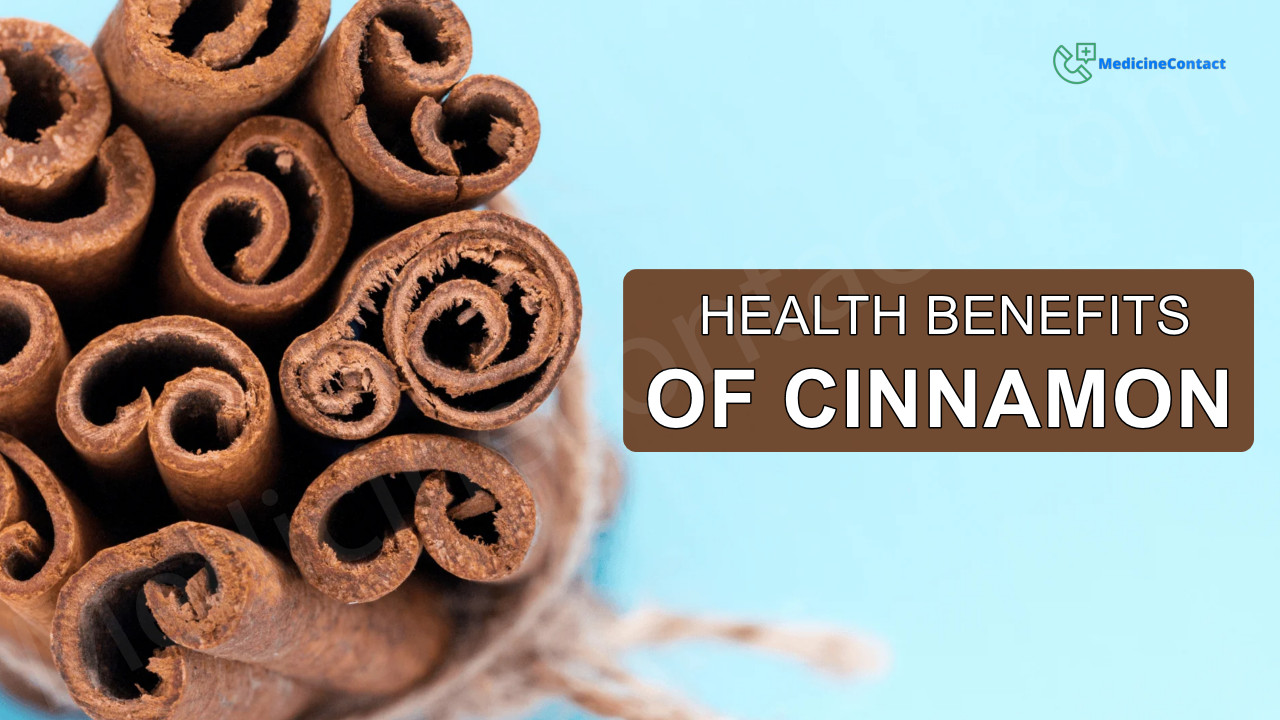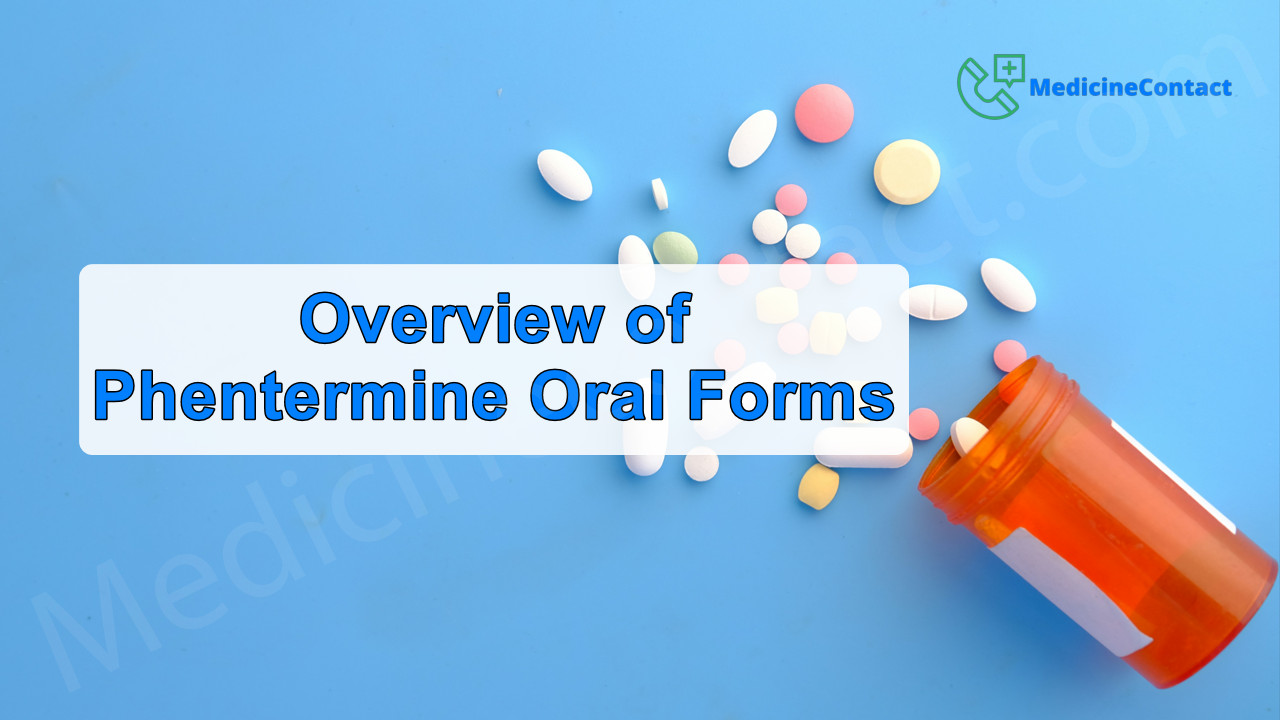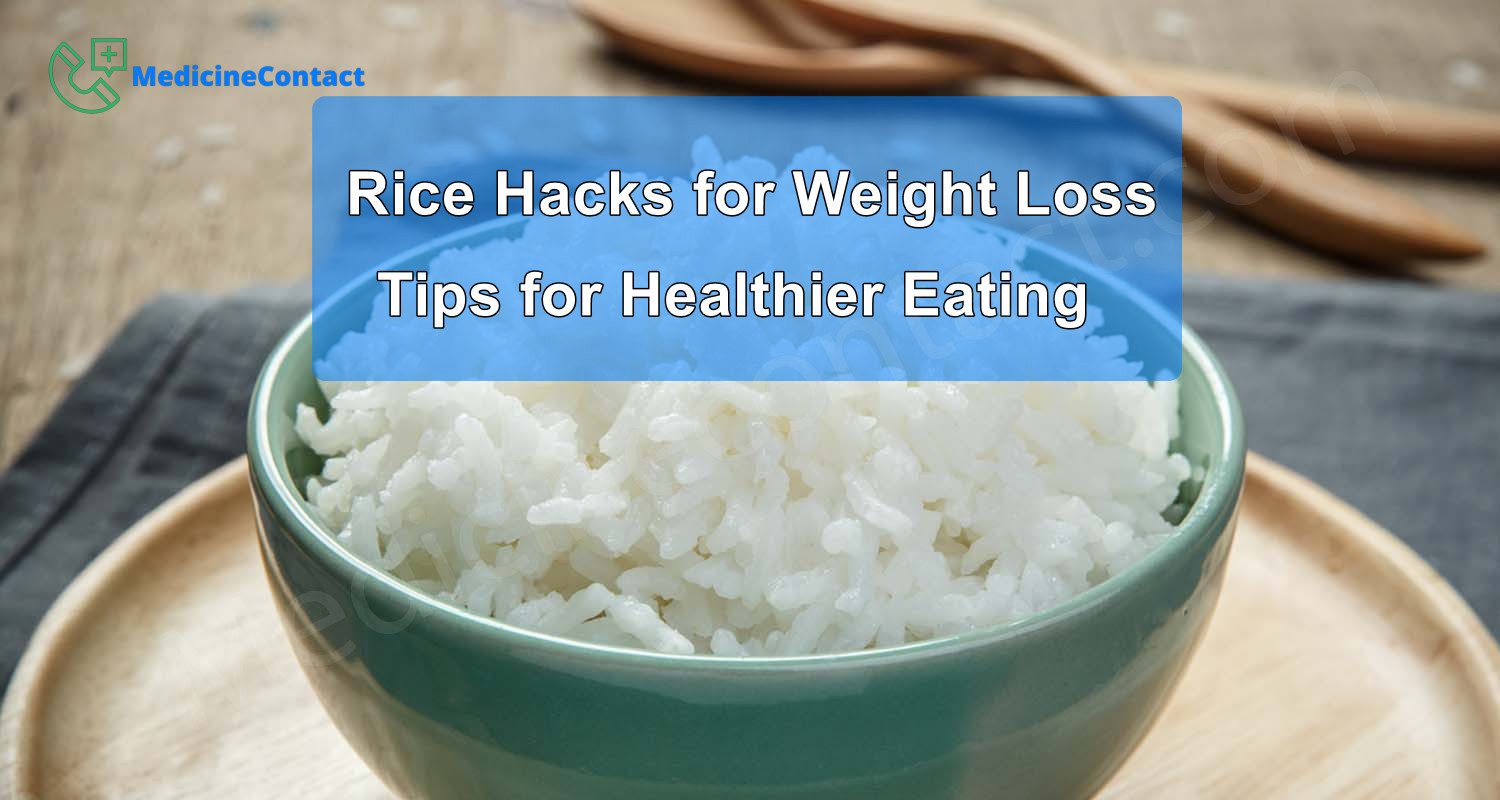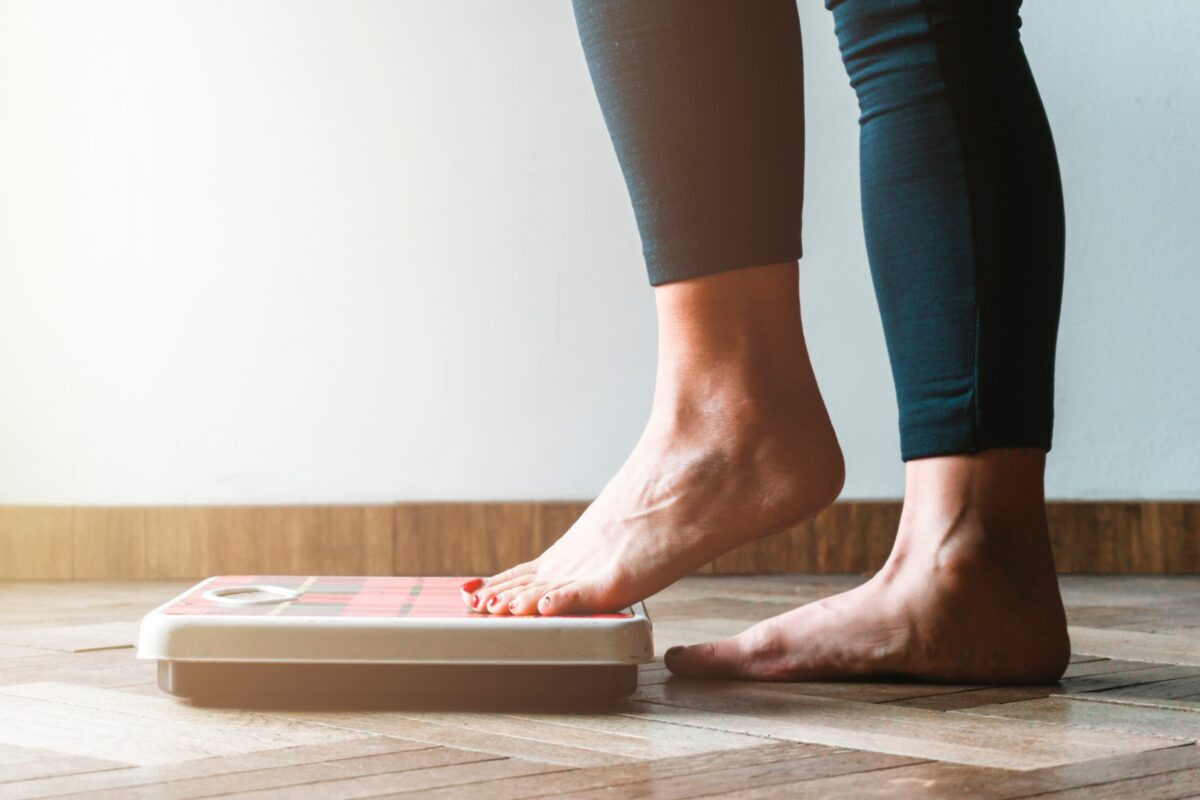
Understanding Turkey Bites and Preventing Painful Nips
Backyard poultry farming has grown increasingly popular in recent years. Raising chickens, ducks, and turkeys can be a fun and rewarding hobby that provides a supply of fresh eggs and meat.
However, these birds have sharp beaks designed for foraging, hunting, and protection. So it's natural to wonder - do turkey bites hurt if your curious flock gets a bit peckish?
Beak Structure and Typical Turkey Behavior
Domesticated turkeys retain the same physical features as their wild ancestors. This includes a pointed beak made of the same keratin material as human fingernails.
While not inherently aggressive, healthy turkeys use their beaks to:
- Investigate new environments
- Establish dominance and pecking order
- Forage for insects and vegetation
- Groom feathers
- Defend themselves from perceived threats
So nibbles and pecks from a curious or frightened turkey are not unusual. The question is whether these bites from their sturdy beaks actually hurt.
Do Turkey Bites Hurt?
Turkey bites can certainly break skin and cause pain. The level of discomfort depends on factors like:
- Bite location on the human body
- Age and size of the turkey
- Reason for the bite (aggressive vs exploratory)
Potential Damage from Large Breed Turkeys
Some standard commercial turkey breeds like broad-breasted whites average around 30 pounds for toms (males) and 16 pounds for hens (females).
With their large stature and thick nails, bites from adult domestic turkeys - especially aggressive toms - have the strength to puncture skin. They can leave marks, cuts, scratches, and bruises.
The impacts may be more painful on delicate body areas with thin skin and lots of nerves, such as the face, hands, and neck. Thick clothing and gloves provide some protection.
Smaller Breeds Typically Cause Less Harm
Heritage turkey breeds are much smaller than commercially farmed varieties. Hens weigh 8-12 pounds on average, and toms are under 25 pounds.
While heritage turkey bites can still pinch with their sharp beaks, they likely won't cause severe injuries except to very sensitive body parts.
Because of their lighter weight, minor scrapes or surface-level skin nicks from friendly pecks are more common than damaging wounds.
Preventing Painful Turkey Bites
Any poultry with access to human interaction risks delivering an occasional exploratory peck or nibble. But there are tactics turkey keepers can use to avoid painful bites.
Supervise Children
Young kids delight in feeding and chasing turkeys, often with little fear. But running from an excited 20-30 pound tom can turn hazardous quickly if the turkey bites in response.
Children under adult supervision tend to behave more calmly around the birds as well. An adult can also swiftly intervene if they notice signs of turkey aggression.
Avoid Startling Sleeping Birds
Snoozing poultry that suddenly awaken to a perceived threat near their roost may instinctively strike out with their beak before fully getting their bearings.
Quietly announcing your presence when approaching sleeping turkeys allows them to wake up slowly and avoids alarming bites.
Protect Your Face and Hands
As mentioned before, the highest risk areas for painful turkey bites are the delicate facial area, fingers, palms, and backs of hands.
Wearing protective gloves around adult birds trains turkeys to associate hands with something other than food. Also turn your face away from approaching beaks.
Don't Feed Treats by Hand
Tempting turkeys with tasty tidbits in the palm of your hand seems benign, but directly associates hands with treats in the birds' minds.
Instead, distribute snacks by tossing them on the ground to keep eager beaks safely away from bare skin.
What to Do After a Turkey Bite
In the event a turkey does land a painful nip, there are proper first aid protocols to follow.
Stop the Bleeding
If the bite broke skin, apply steady pressure with a clean cloth or bandage to stop any bleeding. Elevating the wound can also slow circulation.
Clean the Wound
Carefully washing a turkey bite with warm soapy water removes saliva, dirt, and debris while also killing microbes. Gently pat dry.
Turkeys naturally have bacteria like E. coli in their beaks that can infect bites. So cleaning is imperative, however minor the wound.
Apply Antibiotic Cream
After washing, apply an antibacterial ointment like Neosporin to the injury site and cover with a sterile bandage or gauze.
Antibiotic creams prevent dangerous bacterial infections, especially if the wound won't close on its own.
Monitor for Complications
Observe the bite over the next several days and check for issues like:
- Increased swelling, redness
- Pus or foul-smelling discharge
- Fever indicating infection
- Severe or radiating pain
See a doctor promptly if serious symptoms appear and don't improve with at-home care within 1-2 days.
Preventing Future Bites through Training
While occasional test pecks come with the territory, owners can curb excessive turkey bites through proper training and boundaries.
Avoid Handfeeding
Handfeeding teaches turkeys to associate human hands with tasty treats. But bites become inevitable when hungry birds expect a palm full of snacks.
Instead, distribute food in ground feeders. This removes the habit of running towards people for meals.
Don't Reward Aggression
Some people mistakenly believe aggression should be reinforced with appeasement to prevent further bites. But this only encourages domineering turkeys to bite more frequently for food.
If a turkey charges or snaps when treats aren't present, stand your ground or slowly back away without engaging until they lose interest.
Discourage Nipping Behavior Young
Turkey poults exploring their environment with tiny pecks is harmless. But allowing hard bites during these early weeks reinforces dangerous habits in much larger adult birds.
Gently restraining poults and uttering "no bite" commands when they attempt to nip teaches proper beak boundaries early.
When to Rehome Aggressive Turkeys
Most turkey bites result from basic instincts rather than true aggression. But some individual birds become unrelentingly hostile despite devoted training efforts.
Signs that a belligerent turkey may fare better rehomed include:
- Biting every time a human approaches
- Charging people from long distances
- Inflicting unprovoked, severe injuries
- Disturbing inability to handle human interaction
In these extreme cases, responsible rescues or sanctuaries with proper secure enclosures are better equipped to manage problematic turkey behavior.
The Takeaway on Turkey Bites and Pain
Do turkey bites hurt if your backyard flock gets peckish? Definitely - their sturdy beaks can pierce skin and cause injury.
But minor pinches or scratches are more
FAQs
Do baby turkey bites hurt?
Young poults exploring their environment harmlessly nibble and peck with their tiny beaks. Their bites don’t typically break skin. But allowing forceful bites can enable painful habits in mature birds.
Why do turkeys bite or attack humans?
Healthy turkeys don’t attack unprovoked. But startled, territorial, or mothering turkeys may bite perceived threats. Toms also occasionally show aggression and bite when establishing flock dominance. Handfeeding can inadvertently train biting.
Should I get a tetanus shot after a turkey bite?
Tetanus lives naturally in turkey manure they use to dust bathe. Deep turkey bites that won’t close may warrant a tetanus booster if it’s been over 5 years since your last shot. Check with your doctor.
When do turkey bites need medical attention?
See a doctor if turkey bites show signs of infection like pus, swelling, redness, heat, inflated lymph nodes, or streaking redness. Also seek medical care if the wounds are large, deep, or cause extreme pain or other worrying symptoms.
Disclaimer: This article is for informational purposes only and does not constitute medical advice. Always consult with a healthcare professional before starting any new treatment regimen.




